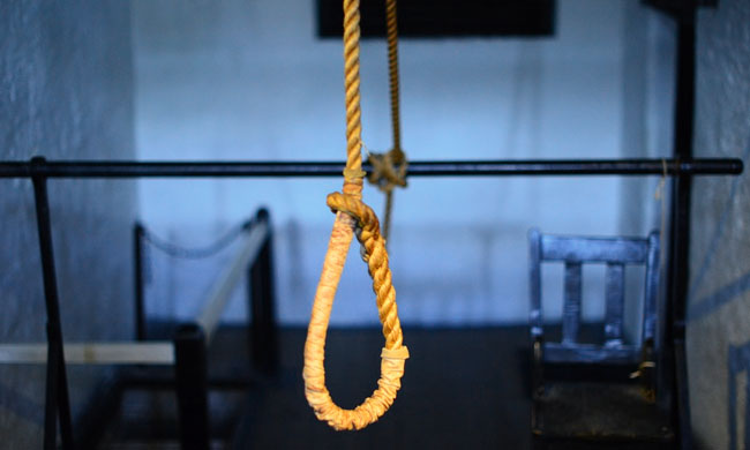'Judge Cannot Forgive A Murderer' : CJI Bobde Remarks On Hearing Review Plea Of Death Row Convicts
Nilashish Chaudhary
23 Jan 2020 9:39 PM IST

The Court has reserved orders on plea for review on grounds of reformation.
Next Story
23 Jan 2020 9:39 PM IST
